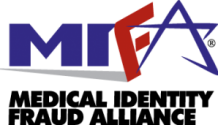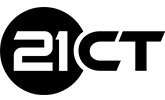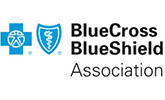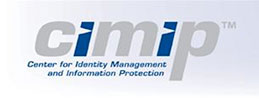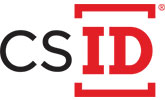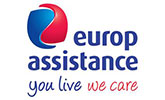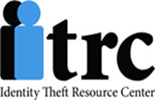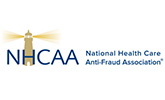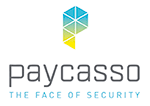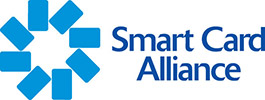What’s in your wallet?
If you’re a senior, you probably have a Medicare card that a thief can sell for a much higher price on the black market than any of your credit cards.
Social Security numbers are printed on every Medicare card, and the back of the card instructs seniors to carry it with them at all times.
If your card falls into the wrong hands, someone can use your information to get medical care or prescriptions. It may make it more difficult to get the medical care you need or cause a doctor to provide you with the wrong type of treatment in the future.
The problem is that if you aren’t vigilant about protecting your information you may never know what hit you until months down the road.
It is also important if you have Original Medicare to review your quarterly Medicare Summary Notices which lists all procedures and services you have received under Part A (hospitalization) and outpatient services (Part B). If you see something that is not familiar, contact your provider. It could simply be a billing mistake. However, if something looks obviously wrong then this could be a sign your identity has been breached.
A good rule of thumb for protecting your information is to only give your Medicare information out when YOU are the one who has initiated the contact. If you call a doctor’s office to make an appointment you might want to give your Medicare number to them in advance so that on the day of the appointment you can leave your card at home.
AARP suggests that beneficiaries ignore, for now, Medicare’s guidance to carry your card with you at all times. About the only time it would be necessary is if you are seeing a provider for the very first time.
Click here to read the full article.
July 14, 2015 by Joel Mekler, New Castle News
